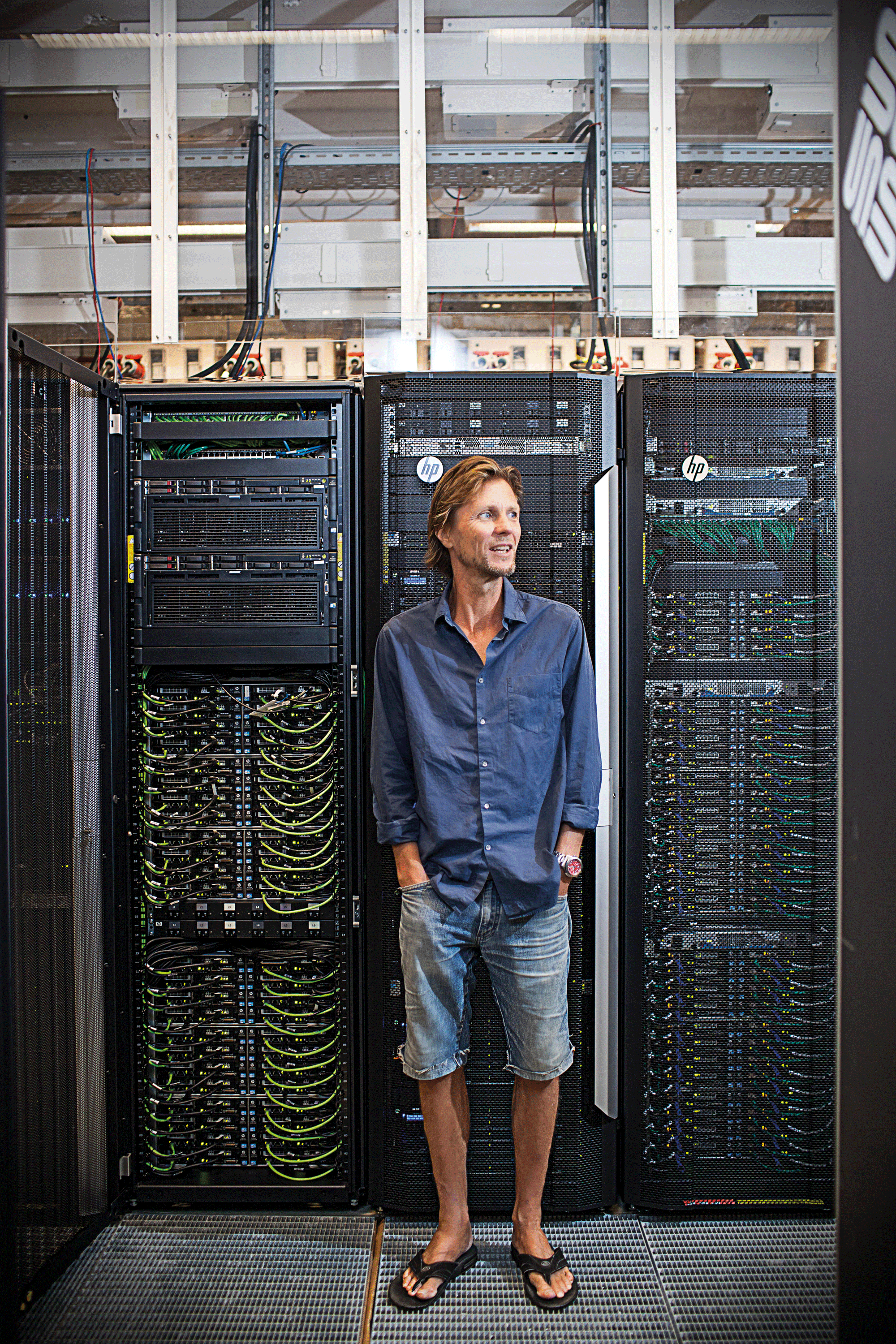ISEQ
ISEQ (the Centre for iSequencing) is an interdisciplinary research centre at Aarhus University that is working to apply new sequencing-based approaches to increase our understanding of the molecular systems that govern biological function and human disease.


The centre, which has a particular focus on cancer and psychiatric diseases, combines data from the unique Danish registers and biobanks with cell and animal models that are then analysed by a supercomputer.
By increasing our understanding of the biology behind these diseases, this research will ultimately improve treatment. Research is performed in close collaboration with a range of international partners, including Beijing Genomics Institute (BGI), the world’s largest centre for new sequencing technologies.
Aarhus University’s interdisciplinary centres
iNANO (the Interdisciplinary Nanoscience Center)
MINDlab
The Centre for Integrative Sequencing (iSEQ)
The Centre for Integrated Register-based Research (CIRRAU)
The Arctic Research Centre (ARC)
The Interacting Minds Centre (IMC)
The Participatory Information Technology Centre (PIT)
The Danish Research Institute of Translational Neuroscience (DANDRITE)
Interdisciplinary research centres
Aarhus University has established eight interdisciplinary research centres. The fundamental idea is to provide a space in which to establish new research partnerships that allow eminent Aarhus University researchers to explore uncharted scientific waters with colleagues from other fields.
Interdisciplinary researchinvolves strong research groups from different fields joining forces and integrating information, data, methods, concepts and theories with the aim of conducting basic research or addressing problems that require the combined expertise of more than one academic discipline.
